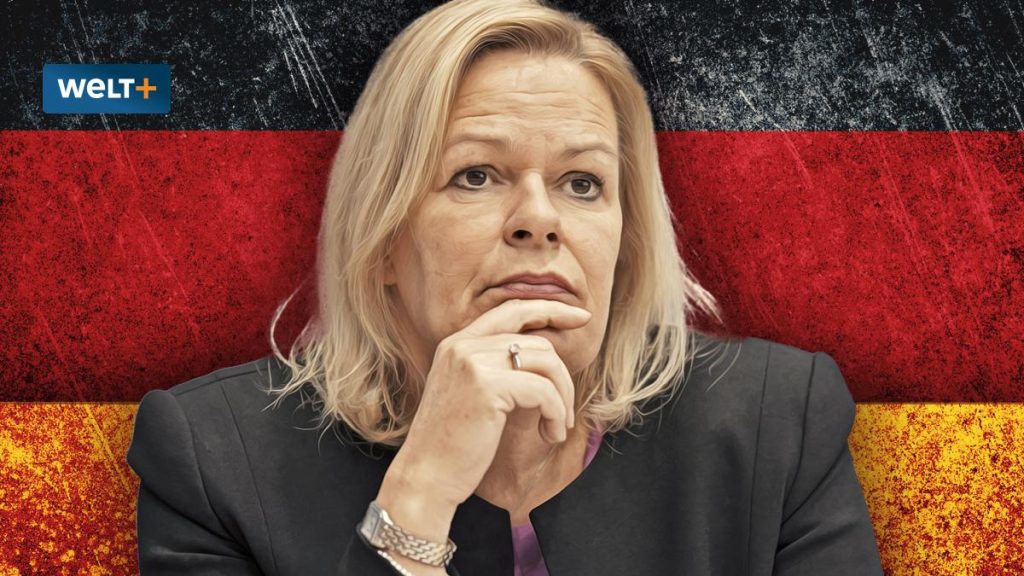At the end of June, the citizenship reform proposed by the coalition government in Germany will come into effect. One of the key changes included in this reform is making dual citizenship the norm for all descendants of immigrants. This decision has been met with criticism from the Expert Council on Integration and Migration, as they fear it could potentially lead to domestic political conflicts being imported from the migrants’ countries of origin to Germany.
The new reform is a part of the coalition government’s efforts to promote inclusivity and integration among immigrants in Germany. By allowing dual citizenship to become the default option for descendants of immigrants, the government hopes to create a more welcoming and accepting environment for individuals with diverse backgrounds. However, critics argue that this move could have unintended consequences, such as creating tensions within immigrant communities and potentially leading to conflicts spilling over into German society.
The Expert Council on Integration and Migration has raised concerns about the possible implications of making dual citizenship the norm for all descendants of immigrants. They fear that this decision could result in internal conflicts within immigrant communities, which could then be brought over to Germany. This could potentially lead to social and political unrest, as well as strain the relationships between different cultural groups within German society.
The government’s decision to implement the citizenship reform has sparked a debate among policymakers and the public alike. Proponents of the reform argue that it is a necessary step towards creating a more inclusive and diverse society, while opponents warn of the potential risks associated with allowing dual citizenship to become the norm. The discussion around this issue is expected to continue as the reform comes into effect at the end of June.
In response to the concerns raised by the Expert Council on Integration and Migration, the government has stated that they will closely monitor the situation and address any potential conflicts that may arise. They have reiterated their commitment to promoting integration and social cohesion within German society, and believe that the citizenship reform is a step in the right direction towards achieving these goals. However, it remains to be seen how the implementation of the reform will unfold and what impact it will have on immigrant communities in Germany.
Overall, the upcoming citizenship reform in Germany has led to a heated debate about the potential implications of making dual citizenship the norm for descendants of immigrants. While the government sees it as a positive step towards inclusivity and integration, critics have raised concerns about the possibility of conflicts arising within immigrant communities and spilling over into German society. As the reform comes into effect at the end of June, it will be important to closely monitor the situation and address any issues that may arise in order to ensure a smooth transition and promote social cohesion within the country.


